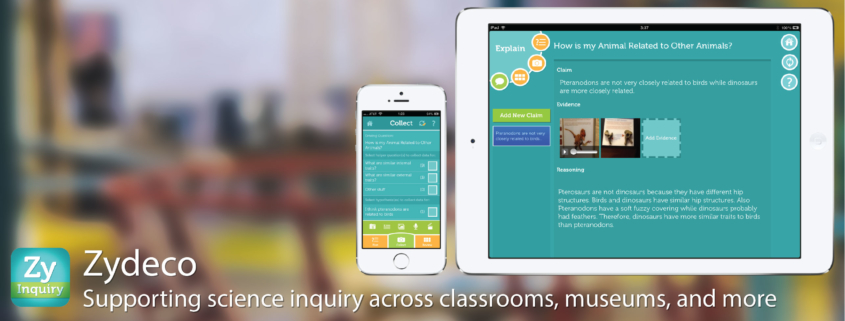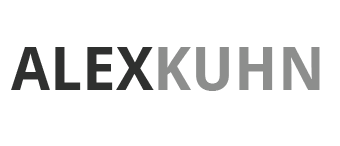
The Zydeco Project (2010-2015) investigated how to support students as they engage in science inquiry activities across formal and informal environments (e.g. classrooms and museums) using mobile technologies. Zydeco enabled teachers and students to create science investigations by defining goals, questions, and labels in order to annotate, organize, and reflect on multimodal data (e.g., photos, videos, audio, text). These data can be collected in any environment, such as museums, parks, or at home, and is stored in the cloud. This enabled students and teachers to access the annotated information later through the Zydeco website or iPad application, which supports the building of scientific explanations addressing the questions they are investigating.
I was the lead developer on Zydeco and also conducted numerous field studies with classes of students (ages 10-17) from a variety of school districts visiting different informal environments. These trials involved more than 1,000 students visiting museums, such as The Henry Ford Museum, The Field Museum, the Michigan Science Center, and the University of Michigan Museum of Natural History, as well as parks and wildlife preserves. Zydeco is available as a free download on the App Store, and has been used by educators and establishments nationwide.
This project was funded by Grant Opportunities [Collaborative Spaces] through the University of Michigan Digital Media Commons and by NSF Grant No. DRL-102002.

